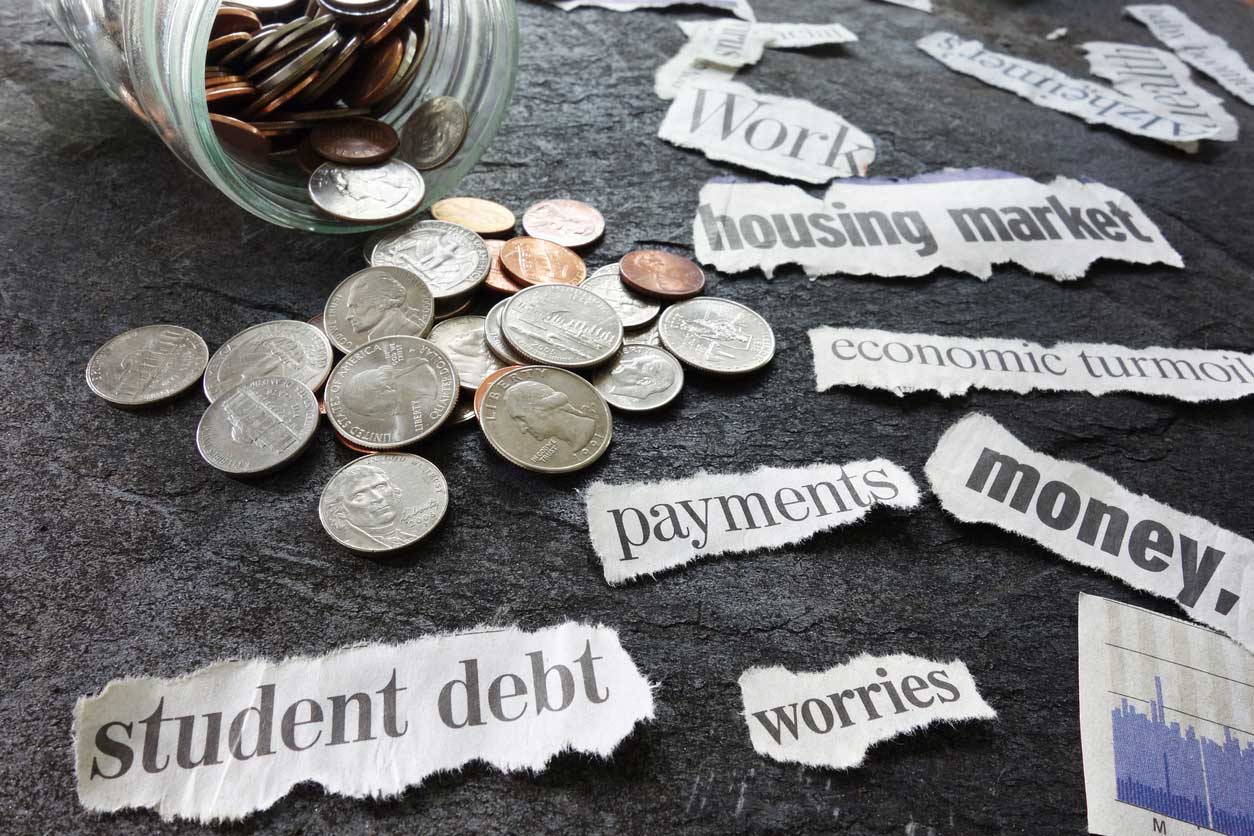
Your cell phone rings and your heart begins to pound. No, your racing heart is not caused by a call from a secret admirer. Instead, your racing heart is caused by a phone call from a creditor that demands immediate payment of what you owe on a loan or credit card bill. Tired of the threats and intimidation, you choose to send the call to voice mail, which you will erase later, without listening to the contempt of the creditor.
You have another option and that is the protection of the federal law called the Fair Debt Collection Practices Act (FDCPA).
An Overview of the FDCPA
The general definition of a debt collector created by the FDCPA is any person or organization that uses “mail or other instruments of interstate commerce to collect a debt.” Protection under the FDCPA refers to family, personal, and household debt, not debt owed by businesses and non-profit organizations. The Fair Debt Collection Practices Act limits the times of the day when debt collectors are allowed to contact you. If you file a written request to cease creditor communication with you, the creditor must refrain from communicating with you. The FDCPA also requires a 30-day grace period that consumers use to dispute creditor debt claims. Above all, the important consumer protection law prohibits creditor harassment and intimidation
What the FDCPA Prohibits
Under the FDCPA, creditors are not permitted to contact consumers before 8 am and after 9 pm local time. Creditors that continue to harass consumer after receiving a written request to cease communication face stiff penalties enforced by federal regulations. Any intent to abuse or harass consumers by repeatedly calling and/or sending electronic mail messages is strictly prohibited under the FDCPA.
Here are some other prohibitions mandated by the FDCPA:
- Attempts to communicate with consumers at their places of employment
- Contact with a consumer who has established a formal legal arrangement with an attorney
- Communicating with a consumer after a formal request for debt validation
- Making a threat of arrest or taking legal action
- Deceptive collection practices
- Making a consumer’s name and address public knowledge
- Using abusive language
- Demanding payment for an amount not justified
Under the legal guidelines set forth by the FDCPA, creditors are not permitted to disclose your debt status with third parties that include the media. Creditors also pay a legal price for reporting false information on consumer credit reports.
What Creditors Must Do Under the FDCPA
During every time you communicate with a creditor, the creditor must make clear the communication is from a company debt collector or debt collection agency. Consumers must receive accurate information that concerns the name and address of the original creditor, as well as receive a legal notice that defines the right to dispute a debt. Creditors must provide documented confirmation of a debt in the form of a written statement that itemizes the purchases forming the total debt. Above all, a creditor must file a lawsuit in the proper legal venue.
The 2010 Dodd-Frank Act moved the enforcement of the FDCPA from the Federal Trade Commission (FTC) to the Consumer Financial Protection Bureau (CFPB). Many consumers report that the new agency has shortened the period it takes to resolve creditor abuse cases. Access the CFPB website to learn more about your debt collection rights.
Consumers that are victims to FDCPA violations have a legal recourse to seek financial damages. Contact a licensed attorney today who specializes in federal consumer protection law.





